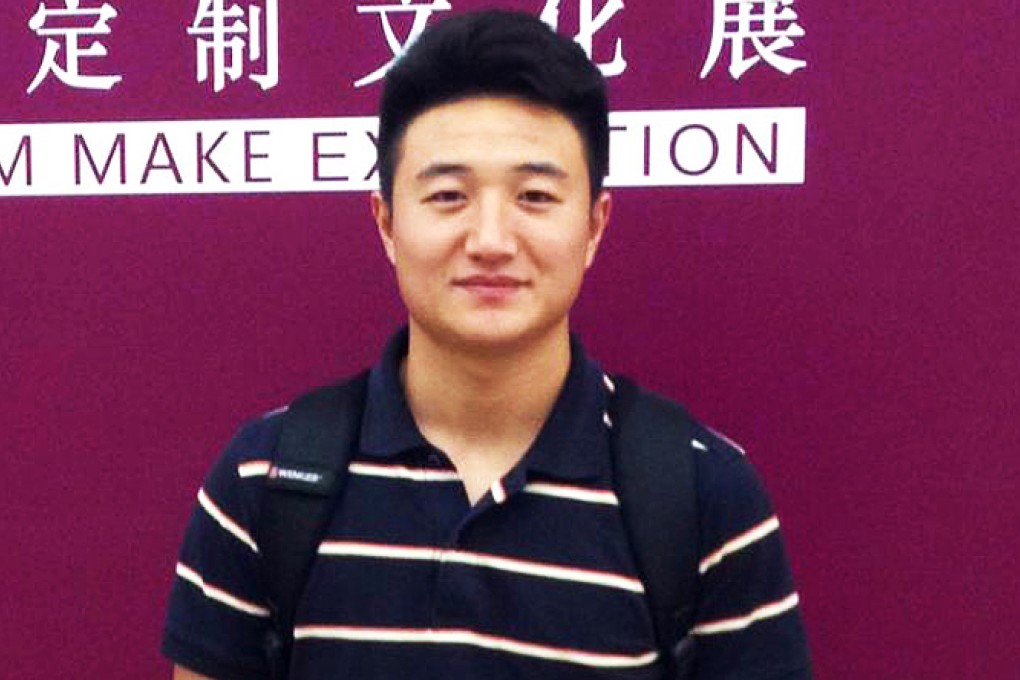A life less ordinary: China's young entrepreneurs
Lured by their dreams and encouraged by the state, graduates on the mainland are increasingly drawn to starting their own businesses

Like a growing number of young graduates on the mainland, An Chuandong, 23, chose to take a risk and prove himself by starting his own business.
He quit his job, sold his car, and slept on his company's conference table for six months to save on rent so he could pay back the debt.
"I enjoy life like this, doing something I'm passionate about. I don't believe in regrets. I believe the more hardship you encounter, the more you can achieve later," he said with determination.
It's an outlook the government is working hard to encourage. In March it introduced a new corporation law removing the minimum requirements on registered capital for limited liability companies.
And last week, the Ministry of Education asked universities to allow entrepreneurial students to defer studies so they could try out their business ideas.